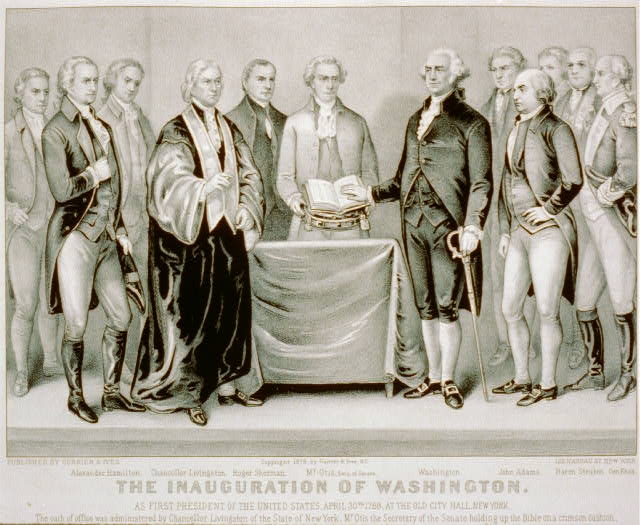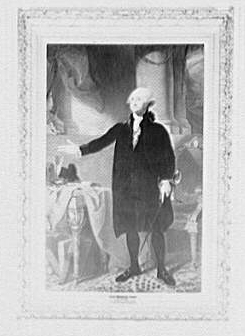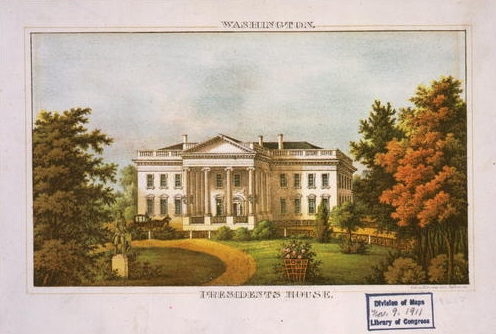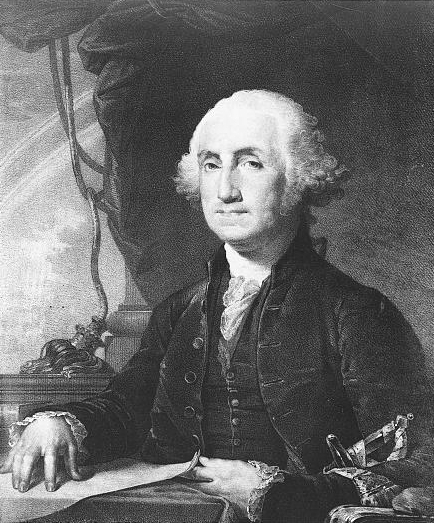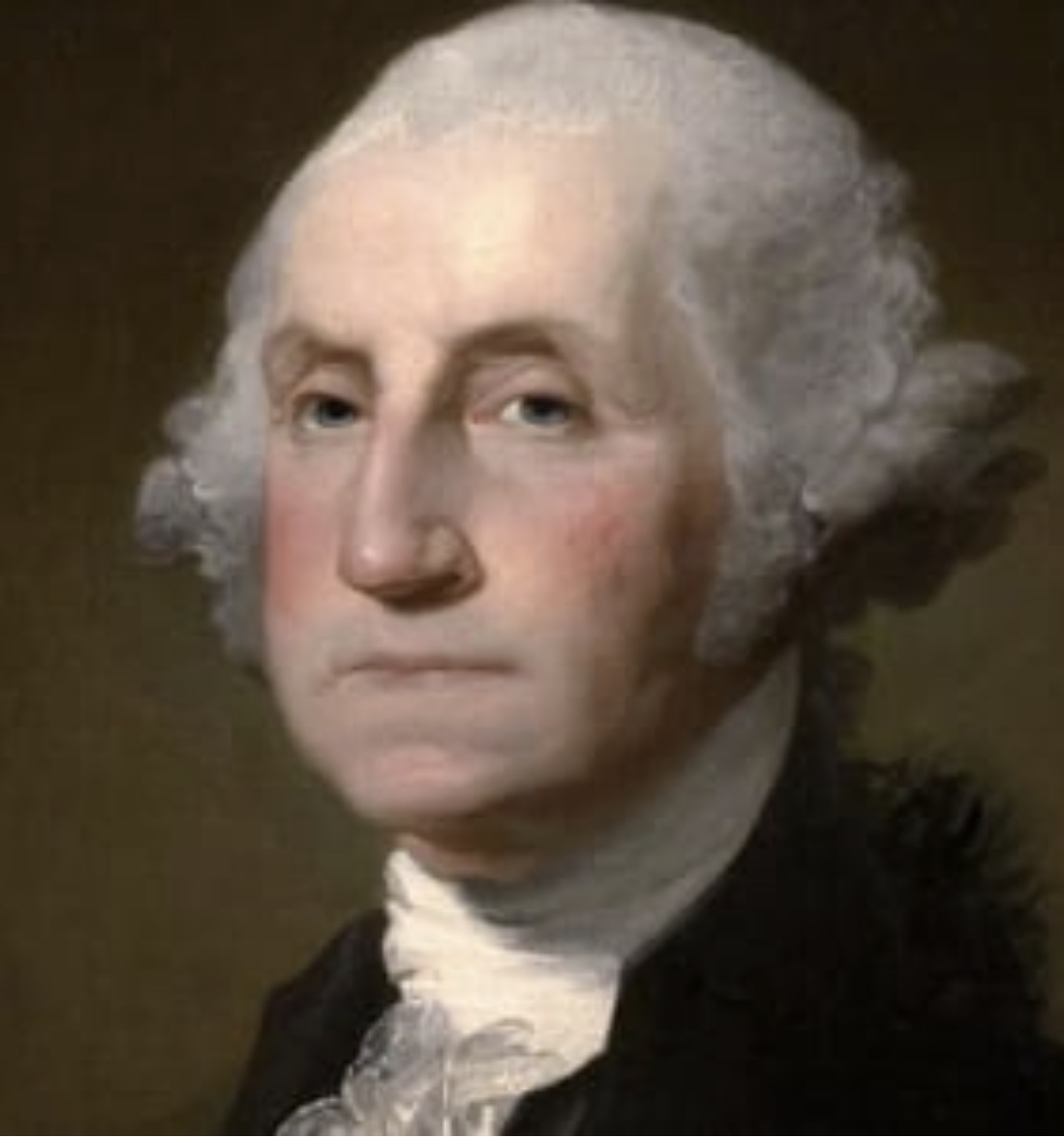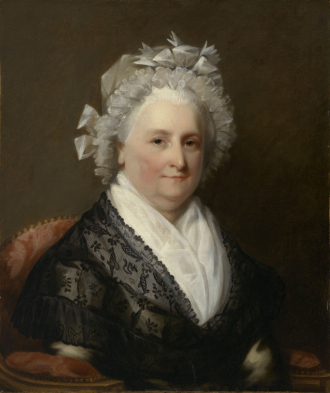Washington / painted by Cogniet, 1836 ; engraved by...
George Washington, full-length portrait, standing on bunker, facing slightly left, wearing military uniform, aide with horse in near background, view of port in distance.
From the original painting by G. Stuart, in the Athenæum of Boston, painted by the artist Leon Cogniet (1794-1880).
From the original painting by G. Stuart, in the Athenæum of Boston, painted by the artist Leon Cogniet (1794-1880).
Date & Place:
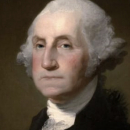
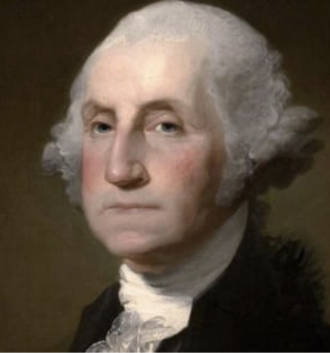
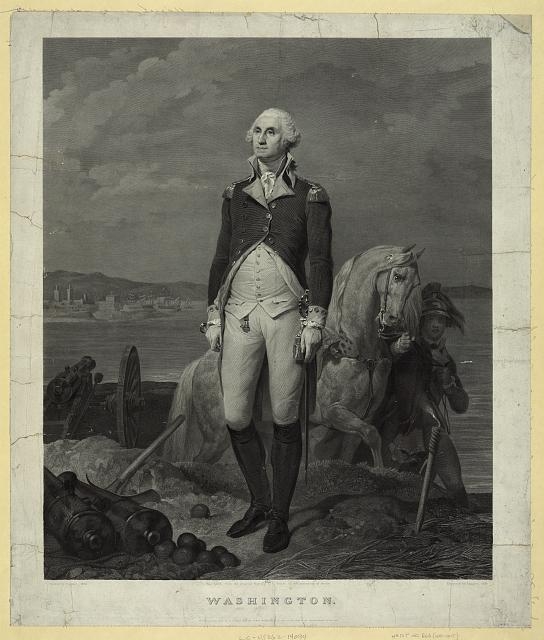
 AncientFaces
AncientFaces 